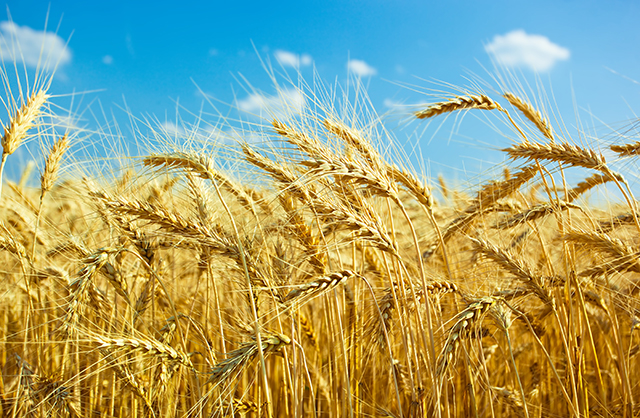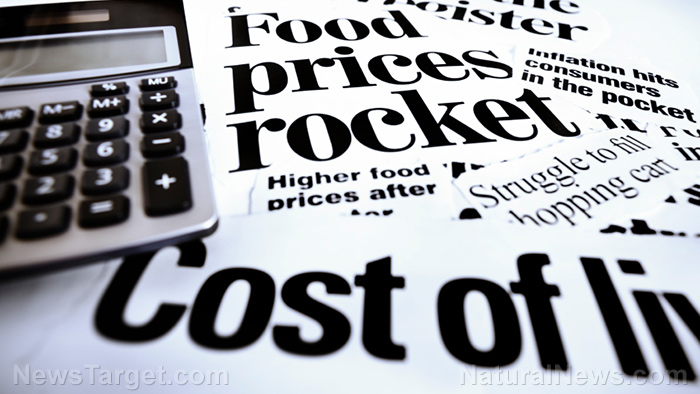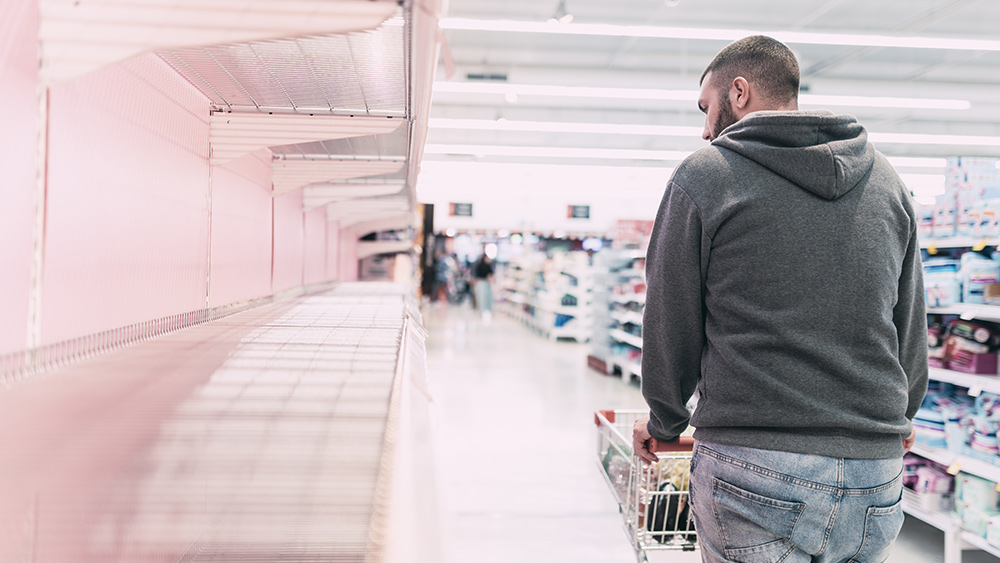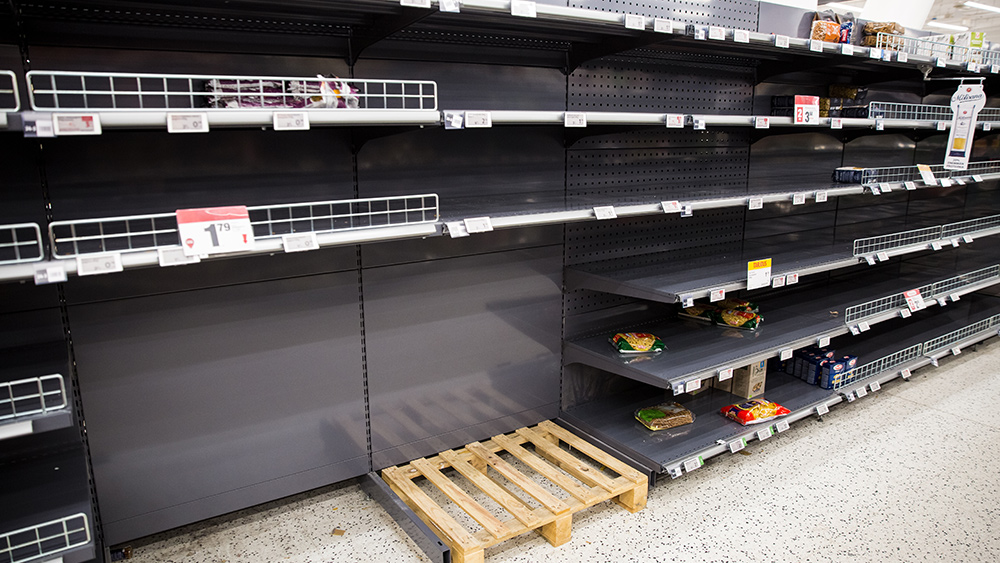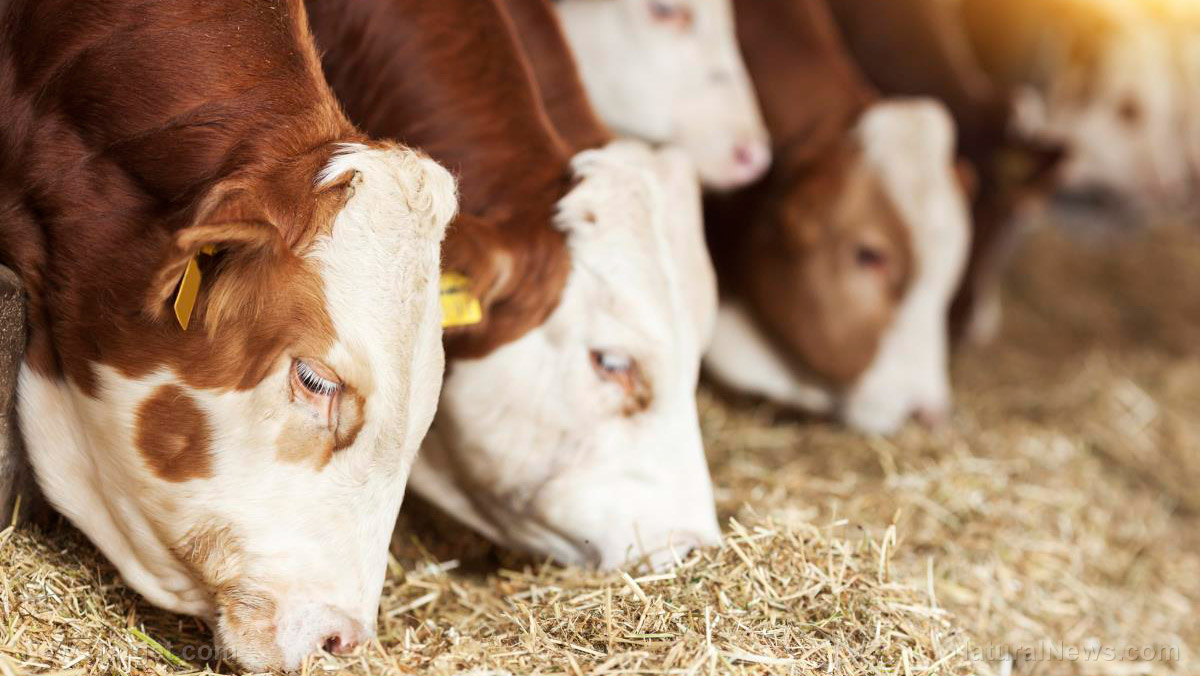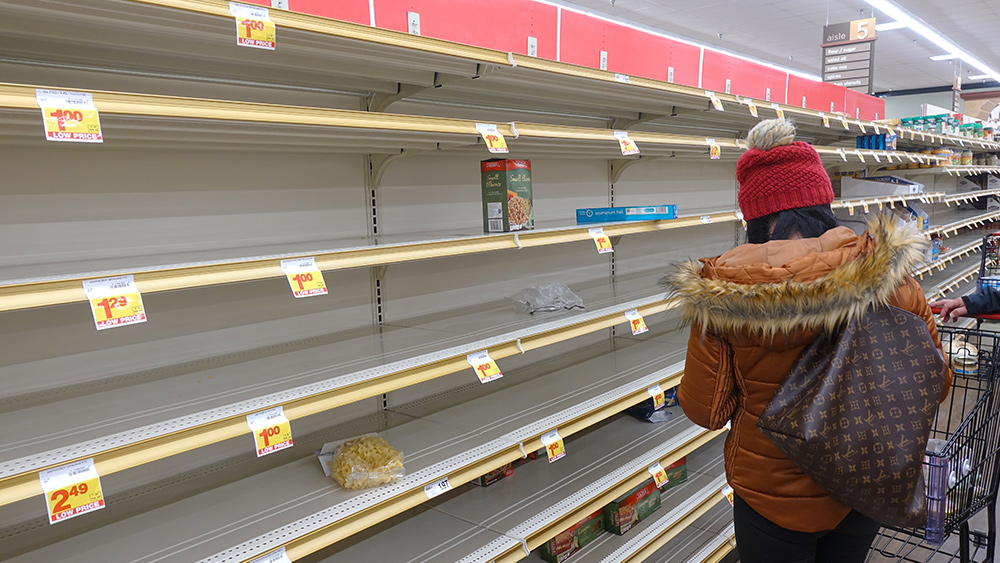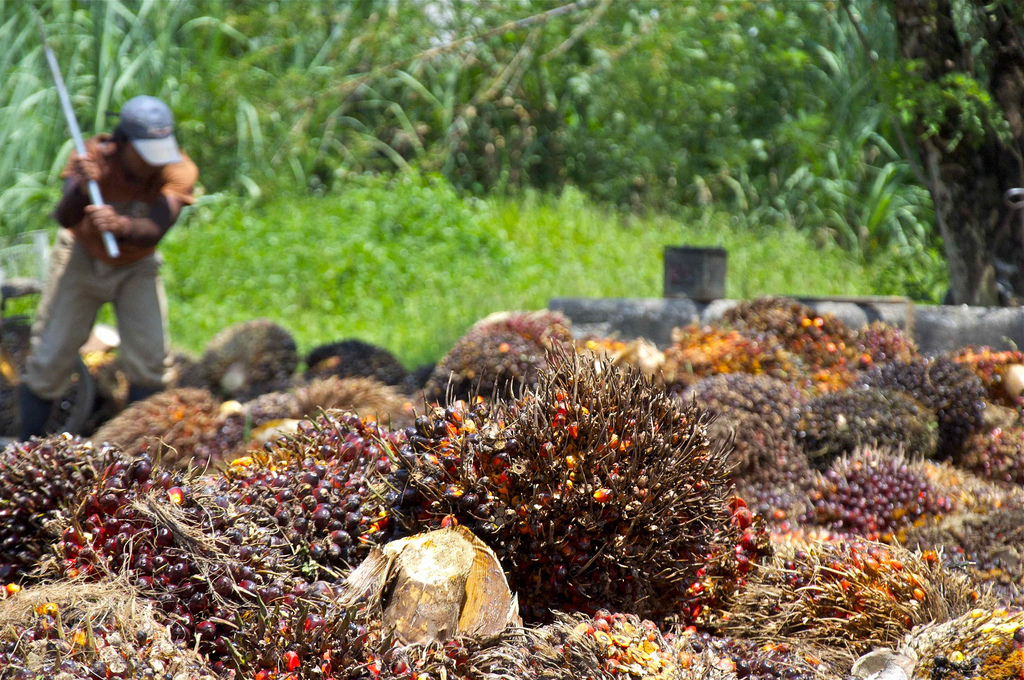Millions could die from impending global famine, warns German development minister
05/10/2022 / By Ethan Huff
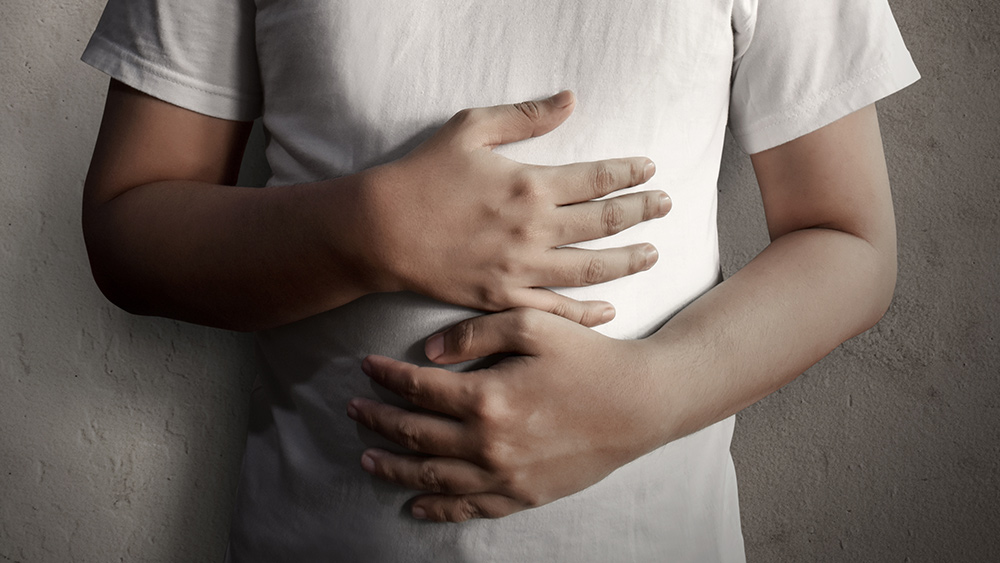
The world is entering a major food crisis, the likes of which has not been seen since World War II, says German Economic Cooperation and Development Minister Svenja Schulze. And the reality is that it will probably end up being much worse when all is said and done.
Skyrocketing food prices both in Germany an abroad have created a “highly dramatic” situation, Schulze told the German tabloid Bild. And in her opinion, Russia’s invasion of Ukraine is to blame.
Already, “more than 300 million people” are going hungry, Schulze claims. That number continues to rise, too, which is why the United Nations is having to “constantly revise” its data.
Food prices have increased by about one-third all around the world, which constitutes “record levels.” And the “bitter message,” Schulze says, “is that we are facing the worst famine since World War II” in which “millions” could die.
In a May 6 statement, the World Food Program (WFP) warned that “44 million people around the world are marching towards starvation” because Ukraine is no longer exporting grain to the countries where they live.
The Black Sea ports need to be reopened immediately, the WFP added, in order to get more food to the places where people need it most.
Inflation was already skyrocketing pre-invasion, but Schulze says Putin is somehow to blame
Schulze has accused Russian President Vladimir Putin and his “special military operation” of engaging in a “war through hunger.” In Schulze’s view, Putin is to blame for all the food inflation, even though prices were rising long before the invasion.
She claims that Russia has somehow “stolen grain from Ukraine,” and is now allegedly taking advantage of nations that depend on both Ukraine and Russia for agricultural products.
Since Putin only wants to deal with countries that are “friendly” to Russia, many non-friendly ones, mainly NATO countries, are no longer eligible for exports. This policy was invoked after NATO imposed sanctions, and after many Western multinational corporations decided to stop doing business in Russia.
Even so, Schulze is banging the anti-Putin drum, accusing Russia of only sending food to countries that are “unequivocally pro-Russian.”
Schulze is also upset about the fact that 40 nations that are “home to half of the world’s population” have not condemned Russia’s invasion of Ukraine. This, she says, is because they all have “vulnerability to food blackmail,” though she did not specify what she meant by this statement.
Germany’s own “green” energy policies are a major contributor to their food shortage crisis, Schulze reluctantly admitted. She believes that the country should stop using food as fuel since up to 4 percent of the country’s “biofuel” comes from food and animal feed.
“It needs to be reduced to zero, and not just in Germany but potentially internationally,” Schulze said.
Every year, upwards of 2.7 billion liters of fuel made from vegetable oils are poured into car tanks in Germany. This amounts to “almost a half of Ukraine’s sunflower oil production.”
Ending biofuels entirely in Germany would allow for grocery store shelves to once again fill up with vegetable oils, which have been in short supply as of late.
Back in April, German Agriculture Minister Cem Ozdemir claims that providing Kiev with “more effective” weaponry to fight back against Russia would somehow have thwarted the looming “global famine” situation that is already starting to unfold.
“This is a war on humanity from within,” wrote a commenter at RT.
“It’s all being orchestrated by the World Economic Forum,” wrote another, referring to Klaus Schwab’s infamous “Great Reset” agenda of global enslavement.
More news coverage about the breakdown of the global food supply can be found at FoodCollapse.com.
Sources for this article include:
Submit a correction >>
Tagged Under:
big government, chaos, Collapse, food collapse, food inflation, food rationing, food supply, Germany, global famine, green deal, green tyranny, grocery, hunger, panic, products, propaganda, Russia, scarcity, starvation, supply chain crisis, Svenja Schulze, Ukraine, World War III
This article may contain statements that reflect the opinion of the author
RECENT NEWS & ARTICLES
COPYRIGHT © 2017 GROCERY NEWS


